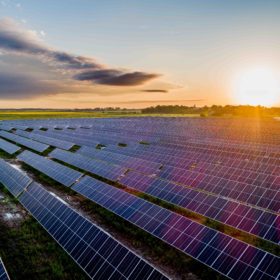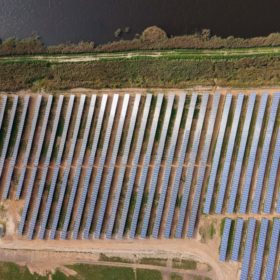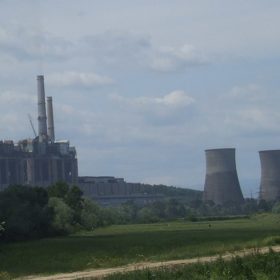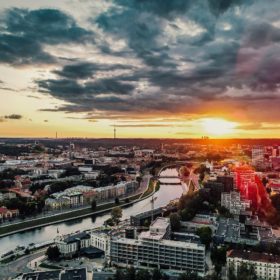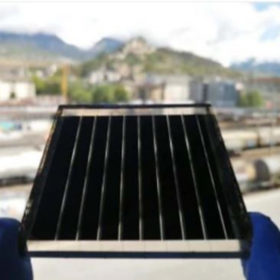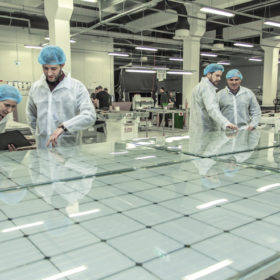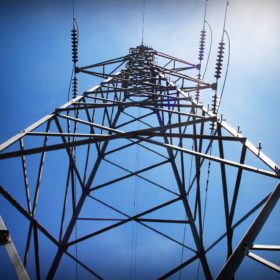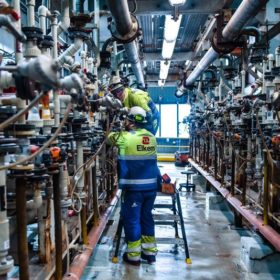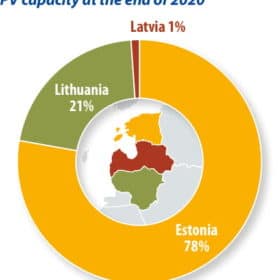Latvia to host 100 MW of unsubsidized solar
Vilnius-based Green Genius has revealed that it will build an unsubsidized PV installation in Jekabpils, Latvia. Upon completion, the 100 MW project will be the country’s largest solar installation to date.
Hybrid solar-wind project moves forward in Latvia
Lithuanian energy company Ignitis has purchased a 200 MW hybrid solar-wind project in Latvia. The installation is in the early stages of development, with construction scheduled to begin in 2025.
EU energy fund to commit $514 million for solar projects at Romanian mining waste sites
Panels will be installed at waste sites in five mining towns as part of the latest, €2.4 billion ($2.57 million) round of investment from a fund set up to help coal-dependent European member states with the energy transition.
Lithuania devotes €40 million for solar rebates in 2022
The Lithuanian government has decided to increase the 2022 budget for the solar rebates by €35 million after the initial phases of the program showed strong success among homeowners.
Perovskite solar module with 21.36% efficiency via new passivation tech
Lithuanian scientists built the panel with 23.9% efficient solar cells with operational stability of over 1000 h. The module has an active area of 26 cm2.
Solitek unveils 12.6%-efficient solar panel for greenhouses
The frameless solar panel has a light transmittance of 40% and nominal power of 235 W. The manufacturer offers a 30-year performance guarantee.
Lithuanian module maker says European and US clients moving away from Chinese supply chain
Vilnius-headquartered Solitek is preparing to ramp its output next year on the back of rising orders in Scandinavia, and says its new partnership with New York-based Convalt Energy will reduce its dependence on Asian semiconductors and solar cells.
Commission flags up €875m renewables project fund
A call for grant proposals has been promised this month, with the bloc’s executive yesterday firing the gun on a separate exercise related to cross-border EU energy infrastructure projects.
Europe had just 650 MW of solar cell manufacturing capacity at the end of 2020
The latest update to the Photovoltaics Report produced by research organization the Fraunhofer ISE has offered up the usual slew of interesting stats on the state of solar across the continent.
PV policy developments in the Baltic states
Estonia, Latvia and Lithuania have seen uneven development in PV installations to date, and the three Baltic states are still highly dependent on imports from Russia. Estonia needs to replace aging energy infrastructure, and so far it has led the region in PV deployments. Latvia, meanwhile, has a high level of hydro in its energy mix, and less incentive to build PV. IHS Markit analyst Susanne von Aichberger examines the latest policy developments in the Baltic states.
